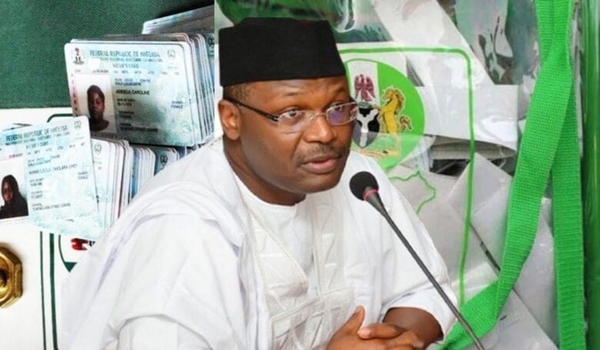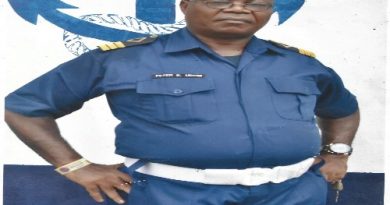FCT polls: PDP wins Bwari, Kuje Council Chairmanship election, Situation Room confirms vote buying
The Peoples Democratic Party, PDP has won the first chairmanship position to be declared in the FCT Area Council Elections held on Saturday, February 12.
Suleman Sabo of the PDP won with a total of 13,301 to defeat Sarki Hamidu of the APC who secured 7,694 votes.
The second of result released from Saturday’s FCT Area Council election is the re-election of the incumbent Chairman of the Bwari Area Council, John Gabaya.
Announcing the results at INEC’s office in Bwari, the Returning/Collation Officer for the council’s election, Prof. Amuche Madu disclosed that Gabaya, who is of the PDP polled a total of 13, 045 votes, while his closest challenger from. the All Progressives Congress, APC, Audi Haruna Shekwolo polled 7,697 while the All Progressive Grand Alliance APGA, candidate scored 603 to place third.
The chairmanship election was conducted in ten wards of the council, namely Igu, Kubwa, Duste, Kawu, Byazin, Shere, Bwari central, Kuduru, and Usuma Wards with 91 polling units and over 3,900 registered voters with 11 political parties who vied for the chairmanship seat.
The collation of results is still ongoing in five other Area Councils and results are being expected soon. But for results released so far, PDP has won two out of the three Chairmanship results declared while APC has won one.
Meanwhile, the Nigerian Civil Society Situation Room has expressed disappointment over-commercialization of votes during the Federal Capital Territory Area Council elections, describing it as a dangerous signal for the country’s electoral process.
This is contained in a statement signed by the Convener, Ene Obi, during its preliminary analysis on the FCT Area Council Elections.
She said there was vote-buying and selling in some of the polling units. In a particular instance, at PU 001, JAMB Secretariat, where money was thrown into the crowd in the centre of the polling area leading to security personnel shooting in the air to disperse voters.
The Group also lamented about inadequate access and lack of assistive materials for persons with disabilities in most polling units, like the special colony for PWDs, in Karomajii where a high number of physically challenged persons use skates and the voting cubicles were too high for them.




